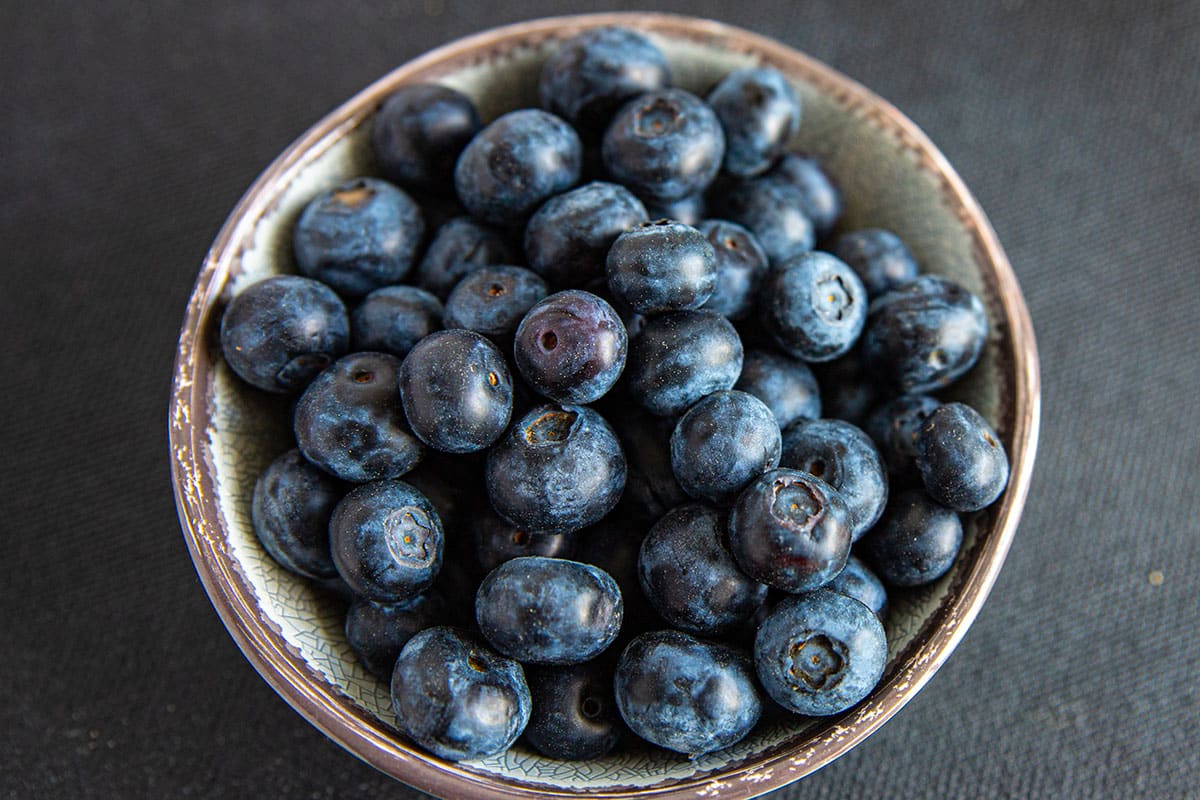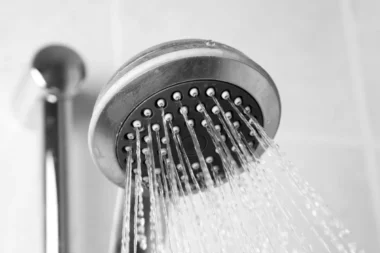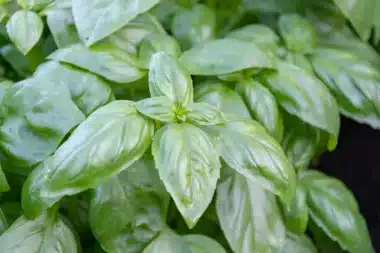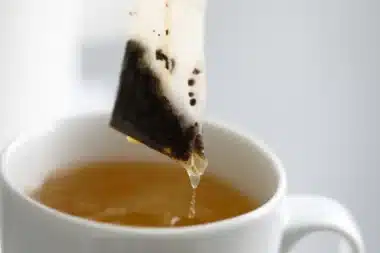Blueberries are a favorite snack, loved for their sweet taste and all the health perks they pack. But like most fruits, they can come with pesticide traces and bacteria hanging around on the skin. Making sure these nasties are washed away is a must for keeping your berries safe and fresh for longer. Food scientist Dr. Bryan Quoc Le really stresses the value of washing them right.
Why water isn’t enough
Just giving your blueberries a quick rinse under cold water might seem okay, but it doesn’t really cut it for getting rid of everything unwanted. Water can move some bits of dirt around, but it doesn’t knock out harmful bacteria, mold, or pesticide residues all that well. This happens because water doesn’t change the pH on the berry’s surface (and that pH shift is key in stopping microbe growth).
To give them a proper scrub, try using vinegar or baking soda. These kitchen staples create a less friendly space for microbes on the berries (they change the pH and work on breaking down pesticide leftovers more efficiently than plain water).
I Have Gray Hair—Here’s What My Nutritionist Says I Should Eat
The science behind vinegar and baking soda washes
Vinegar—especially white distilled vinegar—works wonders thanks to its sour nature. When you mix it with water, it helps break down certain pesticides (especially ones that prefer a basic setting) and even slows down bacterial growth on the fruit. On the flip side, baking soda is alkaline, which helps tackle a variety of bacteria. Just be careful, as it might leave behind a bitter taste if you don’t rinse the blueberries thoroughly afterward.
Studies back up the idea that these methods do a pretty good job removing some of the nasties from your produce. They might not clear out every single hazard, but they do a lot better than a plain water rinse.
DIY blueberry cleaning methods
If you want your blueberries to be both safe to eat and still tasty, check out these DIY cleaning tricks:
Vinegar wash
- Mix three parts cold water with one part white vinegar in a big bowl.
- Soak the blueberries for five to ten minutes.
- Give them a gentle swirl with your hands.
- Drain them and rinse thoroughly under cold water.
- Pat them dry on a clean dish towel or paper towels.
Baking soda wash
- Dissolve one teaspoon of baking soda in two cups of cold water.
- Let the blueberries soak for five to ten minutes.
- Rinse them well.
- Dry on a clean dish towel or paper towels.
Make sure not to let them soak for more than 15 minutes, as that could break down the skin and take away some of the flavor.
Should you buy commercial washes?
There are plenty of commercial fruit and veggie washes on store shelves, but a lot of the time they don’t do any better than these simple homemade solutions when it comes to cleaning power and cost. According to Dr. Le, “Only washes used in the industry with very specific peroxide compounds are more effective” (but these aren’t something you’d usually find in your kitchen).
So, sticking with what you already have in your pantry is a smart move for most households looking for a safe and effective way to clean their blueberries.
When to wash
Timing is pretty key when it comes to keeping your blueberries fresh after a wash. It’s best to clean them right before you eat them, so they don’t get soggy or spoil from extra moisture during storage. Once you’ve washed and dried them, go ahead and eat them, or pop them in a breathable container lined with a paper towel and store in the fridge.
For those planning on freezing blueberries: give them a rinse first, dry them thoroughly, then spread them out in a single layer to freeze before moving them into a bag or container.
Dr. Bryan Quoc Le mentions that while he rarely washes blueberries straight from his own farm—thanks to his confidence in local regenerative agriculture practices—he definitely recommends washing store-bought ones with a vinegar or baking soda solution to play it safe, without changing their taste.
Understanding the best ways to clean your blueberries means you can enjoy this delicious fruit safely while keeping them fresh a bit longer—a small effort that pays off when you’re all about good eating habits.







